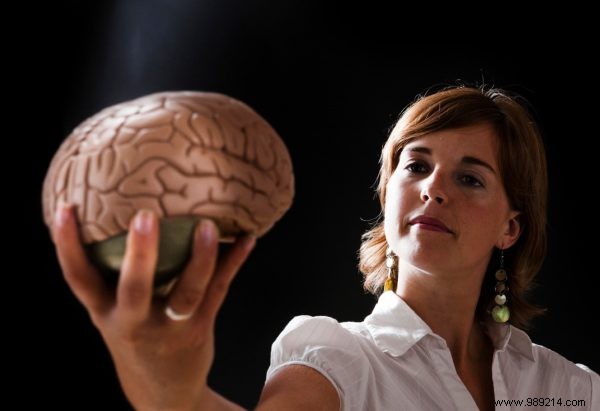
Menopause brings more than just the end of fertility—it triggers significant changes in the brain. As an orthomolecular advisor specializing in menopause, Sandra van Leeuwen explains these shifts and shares practical tips to support healthy aging.
Recently, I described a bench as 'something made of wood you can sit on.' Scissors became 'something you cut with,' and a dining table 'something with four wooden legs for eating.' At 46, am I heading toward dementia? Not at all. If this sounds familiar, it's your hormones seeking a new balance—nothing to fear.
Scientifically, there's no distinct 'female brain,' but functionality differs. Neuroscientist Lisa Mosconi notes that brain architecture is similar across sexes, yet women's brains evolve uniquely—from prenatal stages through pregnancy and motherhood. Menopause induces profound changes visible on brain scans.
Mosconi's research shows a 43-year-old woman's brain maintains high energy levels. Seven years later, in menopause, energy can drop by up to 30%. Men's scans show no such decline.
Estrogen decline is key. This hormone fuels brain energy production and bolsters immunity. Reduced levels accelerate brain aging.
Beyond fertility loss, symptoms like hot flashes, night sweats, insomnia, brain fog, and memory issues originate in the brain—not the ovaries. These are real, not imagined.
Women's brains age differently, especially in menopause. Recognize these disparities:
You can influence three key factors:
Start with hydration: 80% of your brain is water. Even 2-4% dehydration causes fatigue, dizziness, memory lapses, and poor focus. Begin your day with two glasses of lukewarm water.
A Mediterranean diet supports brain health, thanks to phytoestrogens mimicking estrogen. Soy is rich but may trigger reactions in Western women—opt instead for sesame seeds, lentils, chickpeas, dried apricots, and dark chocolate.
Simple movement suffices: 30 minutes of daily walking, ideally in nature. Choose enjoyable activities for consistency.
Chronic fatigue isn't normal. Identify stressors—overwork, draining relationships, or neglecting self-care—and address them. Prioritizing brain health improves focus, reduces headaches, and enhances overall well-being.
Text: Sandra van Leeuwen, Image: Getty Images